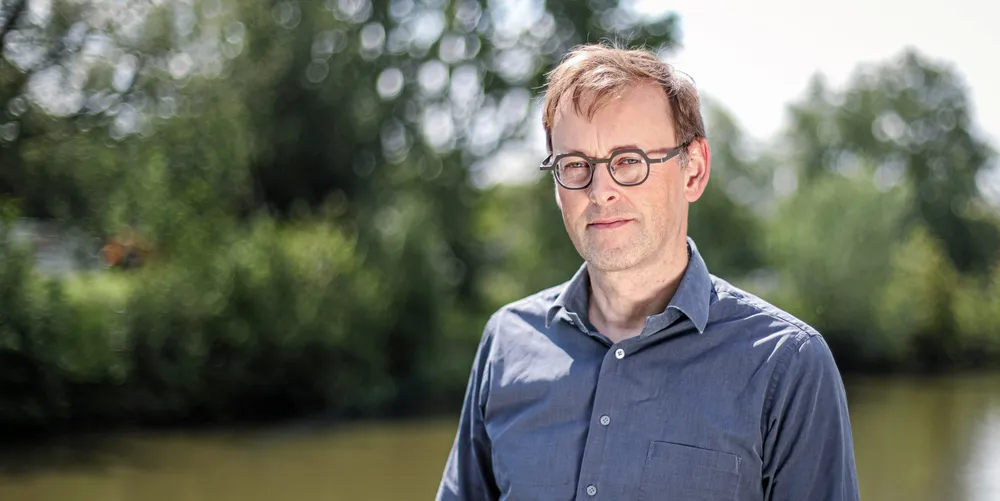'On our radar': Jan de Nul mulls rival bid to build world-first offshore energy island
Orsted has already said it plans to enter the Danish tender and bring in Jan de Nul rival Van Oord

Belgian marine infrastructure specialist Jan de Nul is considering rivalling a high-profile consortium led by Orsted with a bid in the upcoming tender to build an artificial energy island off the Danish North Sea coast.
The Danish Energy Agency has said that it plans to start the tendering process for what will be the world’s first energy island next year, and likely announce the winning bid in early 2023.
The island at some 80km off Denmark’s Jutland peninsula is planned to initially be linked to 3GW of offshore wind capacity, which later is slated to be boosted to 10GW, with interconnections to multiple European countries.
“An island is always something that looks good on our track record.”
Jan de Nul has already been active in land reclamation projects and the construction of artificial islands elsewhere, such as the luxury tourist resort Palm Island 2 in Dubai in 2002.
Before the Belgian company, Danish utility Orsted and pension fund ATP had already said they plan a bid in the Danish tender for what could become the world’s first artificial energy island.
Orsted earlier this week added that it is bringing in three world-leading industrial construction experts to support the bid, among them Jan de Nul’s Dutch rival Van Oord (which had also been involved in the construction of an artificial island in Dubai).
“It is unusual to announce a consortium before any tender documents are released. It is also not our intention to communicate, who we are talking to, and who we are thinking of.”
Asked, whether Jan de Nul is also plans to participate in a tender for a Belgian energy island, if the federal government in Brussels were to decide to hold such an auction, Fordeyn added: "In principle yes, this fits in our core business. But there also, it is only when we know what we have to do that we can decide."
Belgium has joined Denmark as the next European country planning an artificial energy island in the North Sea, which would be used to connect a second wave of offshore wind farms and transmit power to shore.
The country’s government earlier this year already had included the development of an energy island in its dossier for the €5.9bn ($7bn) Belgian tranche of the EU’s post-Covid European Recovery Fund, which was accepted by the European Commission in June.